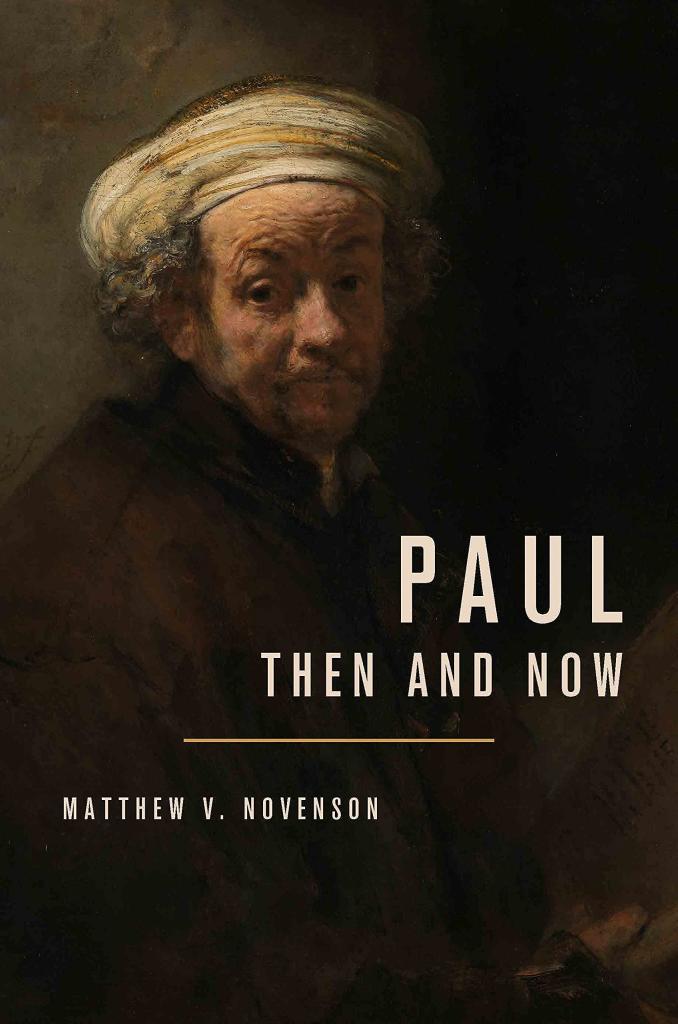Q. I agree with much of your critique of Dunn and Wright. Paul is not merely critiquing the use of the boundary rituals— circumcision, sabbath, food laws, the so called badges that distinguish Judaism from other religious orientations. He is not merely critiquing some kind of nationalism. To the contrary, Paul in Gal. 4 is talking about a series of covenants succeeding one another, not merely problems with distinctive practices. And I absolutely reject the notion that Paul is solely addressing Gentiles in Galatians. The allegory in Galatians 4 makes absolutely no sense if there are no Jews listening who could explain about Sarah and Hagar etc. Oddly, the Paul within Judaism perspective seems more like what the agitators in Galatians were arguing rather than Paul’s more radical views. Furthermore, Israel never refers to the church in Paul’s letters— never. Paul thinks God has a plan at Christ’s return to ‘turn away the impiety of Jacob’ but in the meantime Jews who reject Jesus as their messiah are temporarily broken off from the people of God. It seems to me that while as you say Paul does not directly in Rom. 9 mention Israel’s unbelief directly it certain comes up if one follows the whole argument through in Romans 10 and 11. The overall thrust of 9-11 is to combat Gentile’s thinking God has replaced Israel with a Gentile people of God, and other aspects of anti-semitism that were typical among Romans. In short, Paul’s interpretation of the situation is complex and requires an eschatological solution at the return of Christ. How do you sort these complexities out?
A. Hm, there is quite a lot in there. Again, I think I agree with some of what you say, and disagree with other parts. You and I agree, against Dunn and Wright, that Paul was not on a crusade against Jewish identity markers. And we agree that Paul does not redefine “Israel” to mean the church. And I think we agree that Paul finds fault with his co-ethnics for not trusting Jesus as the messiah in Rom 9–11. So far, so good. But it sounds like we disagree about some key issues in Galatians. The two covenants in Gal 4 are simultaneous, not successive, in my view. They represent two kinds of children of Abraham: those born into slavery via proselyte circumcision (like Ishmael) and those born into the freedom of the pneuma (like Isaac). What is more, Galatians presupposes an entirely gentile audience, in my view. Maybe there were also Jews in the assembly; who knows? But nothing in the letter requires that assumption, and all the explicit signals point to a gentile audience. You won’t agree with that claim, but that’s ok; I won’t hold it against you.













